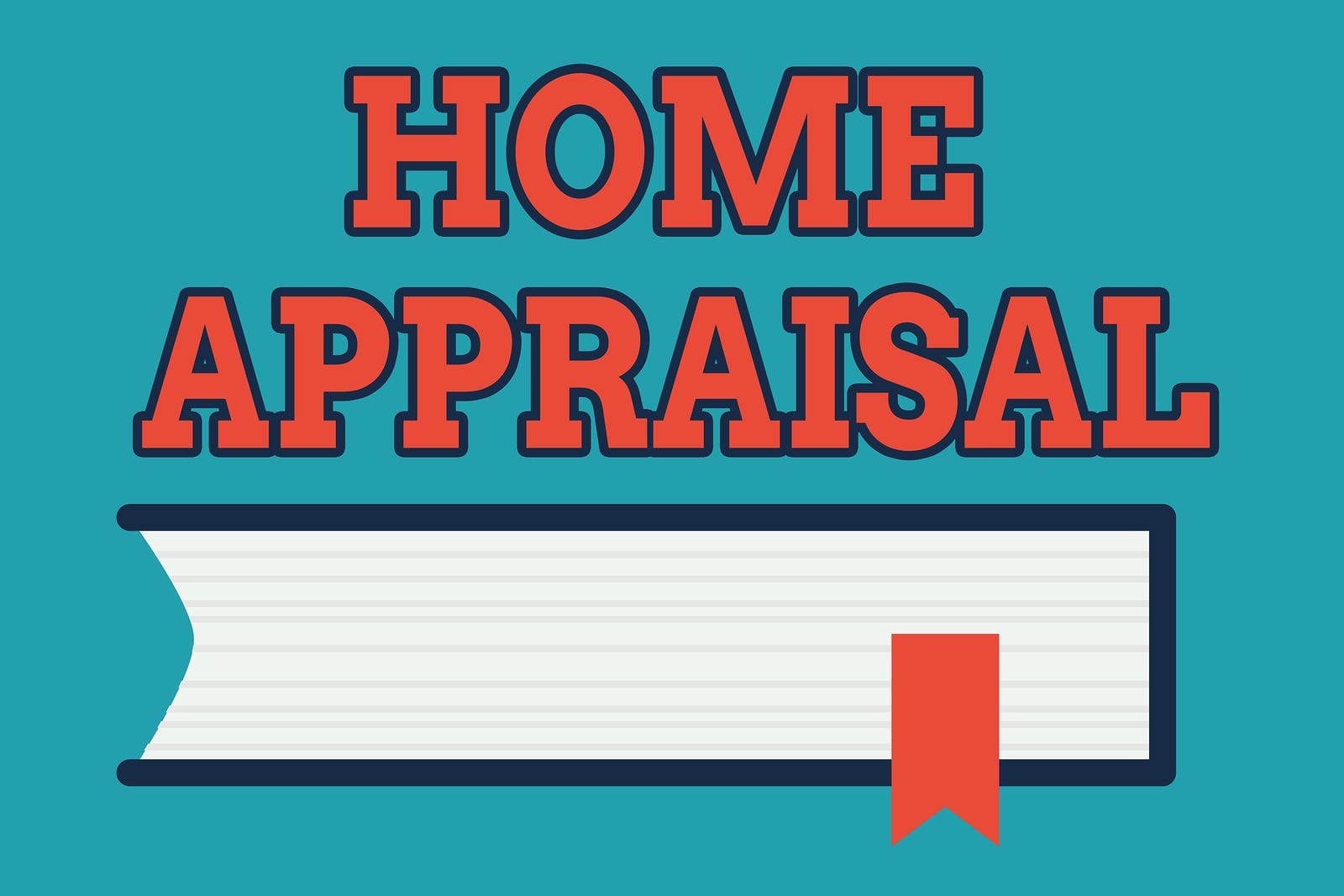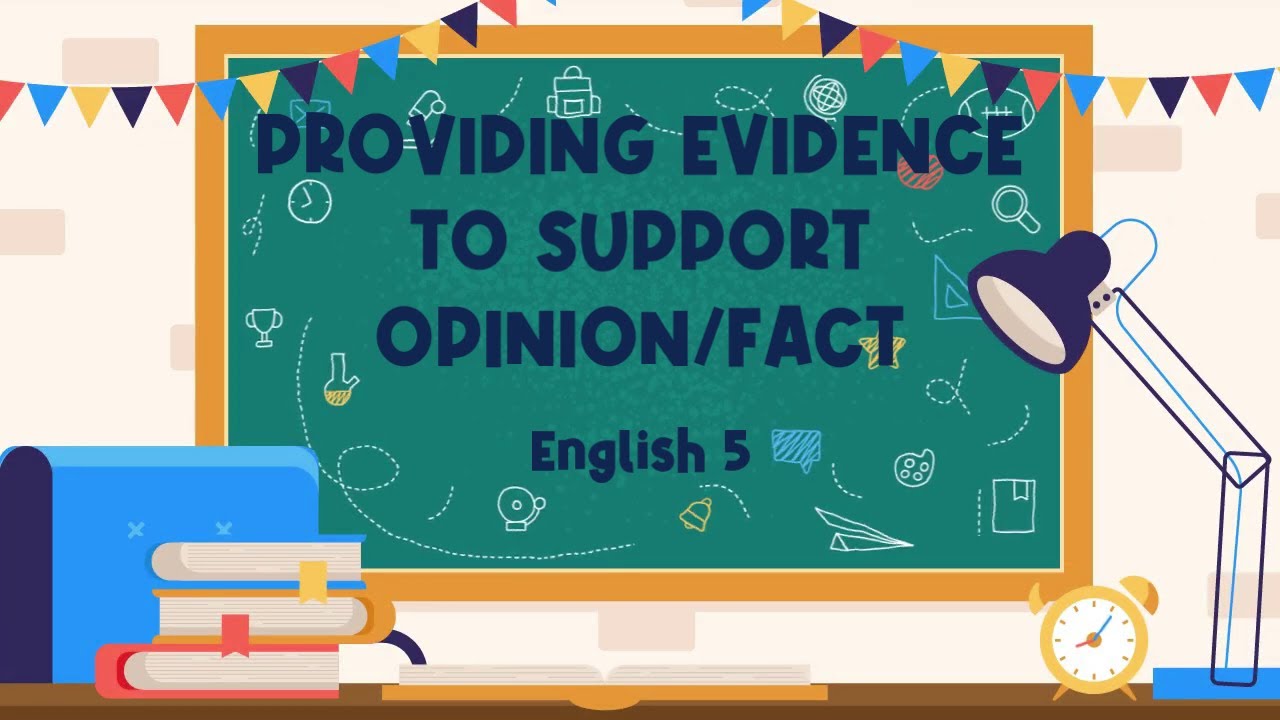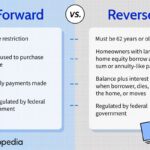Are you considering taking out a mortgage, but unsure of the challenges you may face? Don’t let the potential obstacles deter you from realizing your dream of home ownership. In this article, we’ll discuss the most common mortgage challenges and provide expert tips on how to overcome them. From understanding the loan process to saving for a down payment, we’ll cover it all. So keep reading to learn more about the key mortgage challenges and how to overcome them.
Poor Credit: Poor credit can be a major obstacle for those looking to secure a mortgage

Having poor credit can be a major obstacle for those hoping to secure a mortgage. The good news is, having poor credit doesn’t mean you can’t get a mortgage. There are options available that can help you get the home loan you need. A few ways to improve your credit score and get a mortgage include: making timely payments on any outstanding loans or credit cards, paying off any existing debts, and working with a credit counseling agency to help you manage your finances and improve your credit score. Additionally, you can work with a mortgage lender that specializes in working with borrowers with bad credit. These lenders may look at factors beyond your credit score and offer you a loan with more reasonable terms and interest rates, giving you the opportunity to rebuild your credit score and eventually secure a more traditional mortgage.
To overcome this challenge, borrowers should work on improving their credit score, by paying bills on time, reducing debt, and disputing any errors on their credit report.

Having a low credit score can have a major impact on your ability to get approved for a mortgage. It’s important to take steps to improve your credit score before you start the mortgage process. There are several simple steps you can take to improve your credit score and make the process of getting a mortgage easier. First, make sure you are paying your bills on time. Late payments can significantly lower your credit score and make it difficult to get approved for a mortgage. Additionally, you should work to reduce your debt. High levels of debt will also lower your credit score and make it harder to qualify for a mortgage. Finally, you should review your credit report and dispute any errors you find. These errors can impact your score and cause you to be denied for a mortgage. By taking these steps and improving your credit score, you can make the process of getting a mortgage much easier. Improving your credit score can help you get approved for a mortgage and get a better interest rate. With the right steps, you can overcome the challenge of having a low credit score and get the mortgage you need.
High Debt-to-Income Ratio: A high debt-to-income ratio can make it difficult to qualify for a mortgage

A high debt-to-income ratio (DTI) is a major challenge for many potential home buyers looking to secure a mortgage. The DTI ratio compares your total monthly debt payments to your gross monthly income. This ratio is used by lenders to evaluate your creditworthiness and your ability to repay a mortgage loan. Having a high DTI ratio can make it difficult to qualify for a mortgage, as lenders may be hesitant to approve a loan for someone with a large amount of debt. Fortunately, there are a few steps you can take to reduce your DTI ratio. One of the easiest ways to reduce your DTI is to pay off existing debts. If you’re carrying a large balance on a credit card or other loan, make a plan to pay it down as quickly as possible. You can also try to refinance existing loans to lower the monthly payments. Additionally, increasing your income by taking on a side job or working overtime can also help reduce your DTI. Lastly, try to avoid taking on additional debt while you are in the process of applying for a mortgage. By taking these steps, you can get your DTI ratio in a more favorable position and increase your chances of being approved for a mortgage.
To overcome this challenge, borrowers should pay off some debt, or increase their income.

When faced with the challenge of not having enough money for a mortgage, borrowers can take steps to overcome it. One of the best strategies is to pay off some of their debt or increase their income. By doing so, borrowers can reduce the amount of debt they have and increase their income, making them more likely to be approved for a mortgage. For those who already have debt, they should focus on paying it off as quickly as possible. This will improve their credit score and make them a more attractive candidate for a mortgage. They should also focus on reducing their monthly expenses, such as cutting back on unnecessary purchases, to free up more money for debt repayment. Additionally, they should look into refinancing their existing debt to a lower interest rate, which could help them pay off their debt quicker. For those who want to increase their income, they should look into taking on a second job or freelancing opportunities. This can help them earn extra money to increase their chances of getting a mortgage. Additionally, they should look into other ways to increase their income such as investing in stocks or mutual funds. By taking action to pay off debt and increase their income, borrowers can take the necessary steps to make themselves attractive to lenders. This
Lack of Funds for a Down Payment: A down payment is typically required to secure a mortgage

When looking to secure a mortgage, many potential homeowners may find that they lack the funds for a down payment. A down payment is typically required to secure a mortgage and is typically a percentage of the total loan amount. This can be a significant sum for many prospective homeowners, and oftentimes the amount needed can be too large for them to secure on their own. Fortunately, there are strategies available to help those with limited funds to still purchase a home. One way to overcome a lack of funds for a down payment is to explore government programs that may provide assistance. Many government-sponsored programs offer grants or loans to help make down payments more affordable. These programs are specifically designed to help those who are lower-income and may have difficulty affording a down payment. Additionally, some lenders may offer special programs or incentives to help cover the down payment amount. It’s important to research the options available and find the best program for your individual situation. Another way to cover the down payment is to find a co-borrower or co-signer to help make the down payment. A co-borrower or co-signer is someone who can help provide the down payment funds and can help you get approved for the loan. This can be
To overcome this challenge, borrowers should save up for a down payment, or explore down payment assistance programs.

One of the most common mortgage challenges faced by potential homebuyers is coming up with a down payment. Many lenders require a down payment of at least 10% of the purchase price of a home before they will offer financing on the property. This can be a significant barrier for many borrowers, especially when faced with the additional costs of closing. To overcome this challenge, borrowers should save up for a down payment, or explore down payment assistance programs. There are various programs available that can help borrowers cover the cost of the down payment. In some cases, these programs can cover the full amount of the down payment, while in other cases they may provide a partial contribution. Additionally, some down payment assistance programs can be combined with other loan products, such as VA or FHA loans, to further reduce the cost of the down payment. Borrowers should research all of the options available to them to determine which program will best fit their needs. Finally, it’s important to make sure that the down payment is saved up or secured before applying for a mortgage, as most lenders will require proof of the funds before approving a loan.
Low Appraisal Value: A low appraisal value can keep a borrower from getting the loan they need

Low appraisal values can be one of the biggest obstacles for borrowers when it comes to obtaining a mortgage. In an ideal situation, the appraisal value should be close to the purchase price, but this isn’t always the case. A low appraisal value can mean a borrower is unable to obtain the loan they need, but there are ways to overcome this challenge. Taking a proactive approach is key. Borrowers should work with their real estate agent and lender to ensure that the appraisal is as accurate as possible. This can involve providing additional information to the appraiser, such as recent market sales data, to help them come to the right conclusion. Additionally, it’s important to stay in contact with the appraiser throughout the process to ensure all of the necessary information is taken into account. Being proactive and providing the necessary information can go a long way in overcoming this common mortgage challenge.
To overcome this challenge, borrowers should look into loan programs that do not require an appraisal, or negotiate with the seller to reduce the purchase price.

One of the most common mortgage challenges borrowers face is the appraisal process. The appraisal serves as a third-party evaluation of the home’s value and is used to determine how much of a loan you can get. The higher the appraisal value, the higher the loan amount can be. But if the appraisal does not meet the purchase price, the lender may not approve the loan. To overcome this challenge, borrowers should look into loan programs that do not require an appraisal, or negotiate with the seller to reduce the purchase price. This can help ensure that the loan is approved and the loan amount is enough to cover the purchase. Additionally, borrowers can look into programs that allow for additional financing, such as a home equity loan or a second mortgage, to make up the difference in the purchase price and the appraised value. By taking the time to research and understand the different loan options available, borrowers can ensure that they have the best chance of securing their mortgage loan.
Strict Underwriting Standards: Strict underwriting standards can make it difficult to qualify for a mortgage

Strict underwriting standards can create an obstacle when trying to qualify for a mortgage. In order to be approved, you’ll need to demonstrate your creditworthiness and provide proof of your ability to repay the loan. You should be prepared to provide your income and asset documentation, as well as any other information required by the lender. A strong credit history can help you demonstrate creditworthiness, and a steady stream of income can help you show that you’re capable of making mortgage payments. Furthermore, having a down payment saved up can help you secure more favorable loan terms, as it reduces the risk for the lender. Working with a knowledgeable lender and taking the time to understand the requirements can help you navigate the underwriting process and find a loan that meets your needs.
To overcome this challenge, borrowers should provide evidence of their creditworthiness, such as pay stubs or tax returns, and ensure that their financial documents are

To help overcome the most common mortgage challenge, it is important to provide evidence of creditworthiness to the lender. This includes providing pay stubs, tax returns, bank statements and other financial documents that demonstrate that the borrower is financially responsible and capable of paying back the loan. It is also important to ensure that all financial documents are accurate and up to date. It may be beneficial to review credit reports and dispute inaccurate information to help ensure that the lender has the most accurate information available when making a decision. Taking the time to make sure all financial information is accurate can help increase the chances of getting approved for a mortgage.




